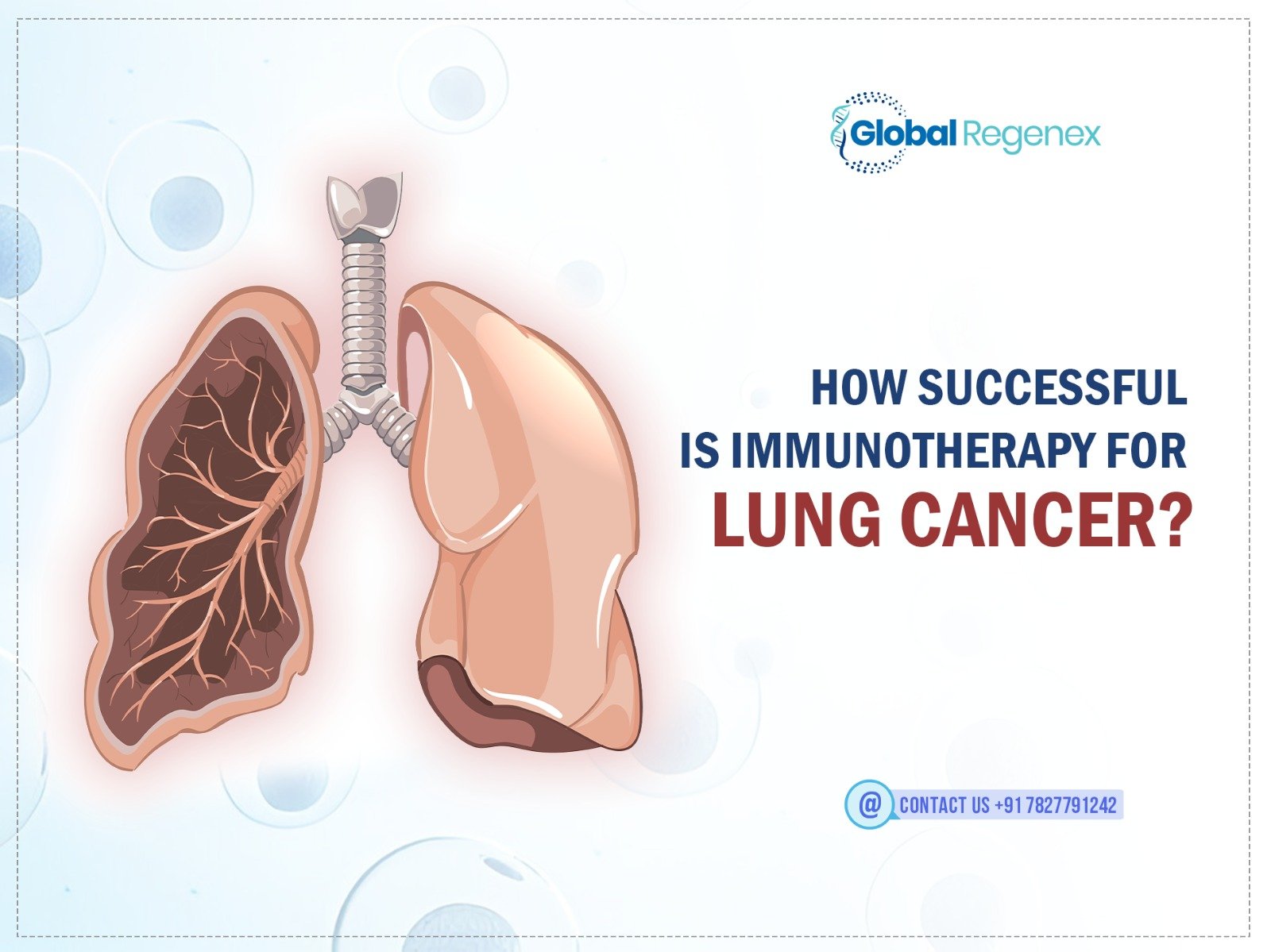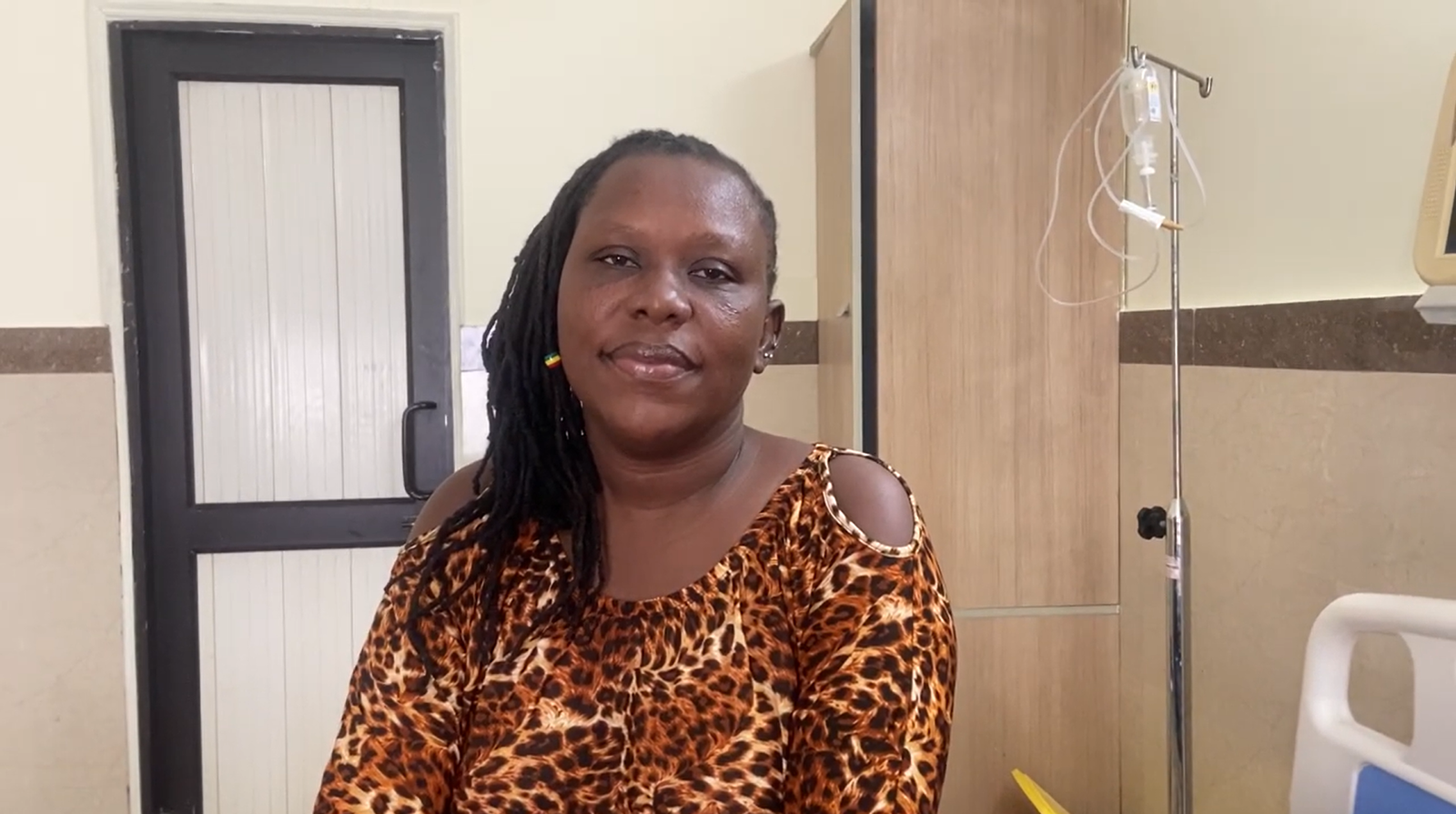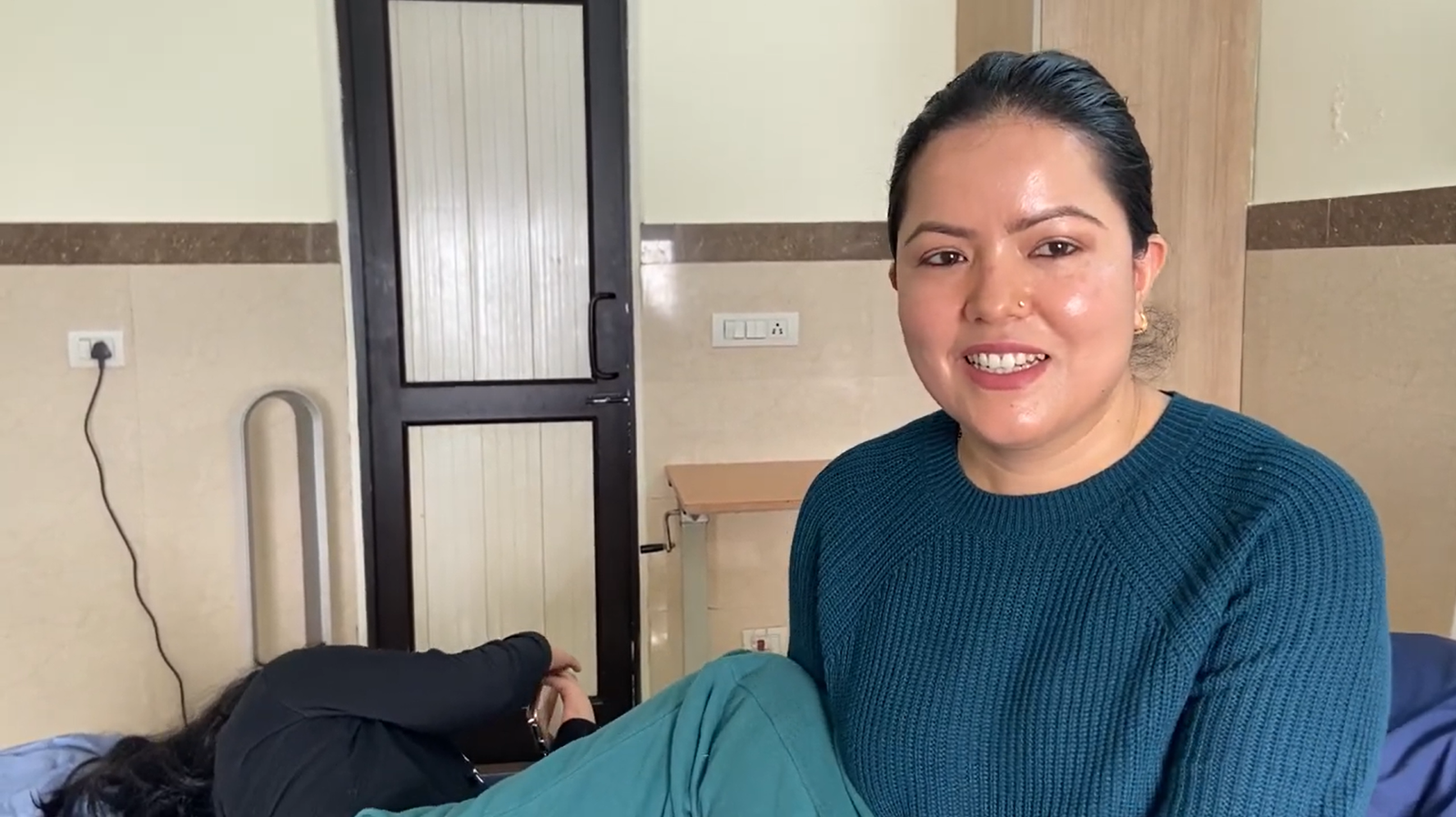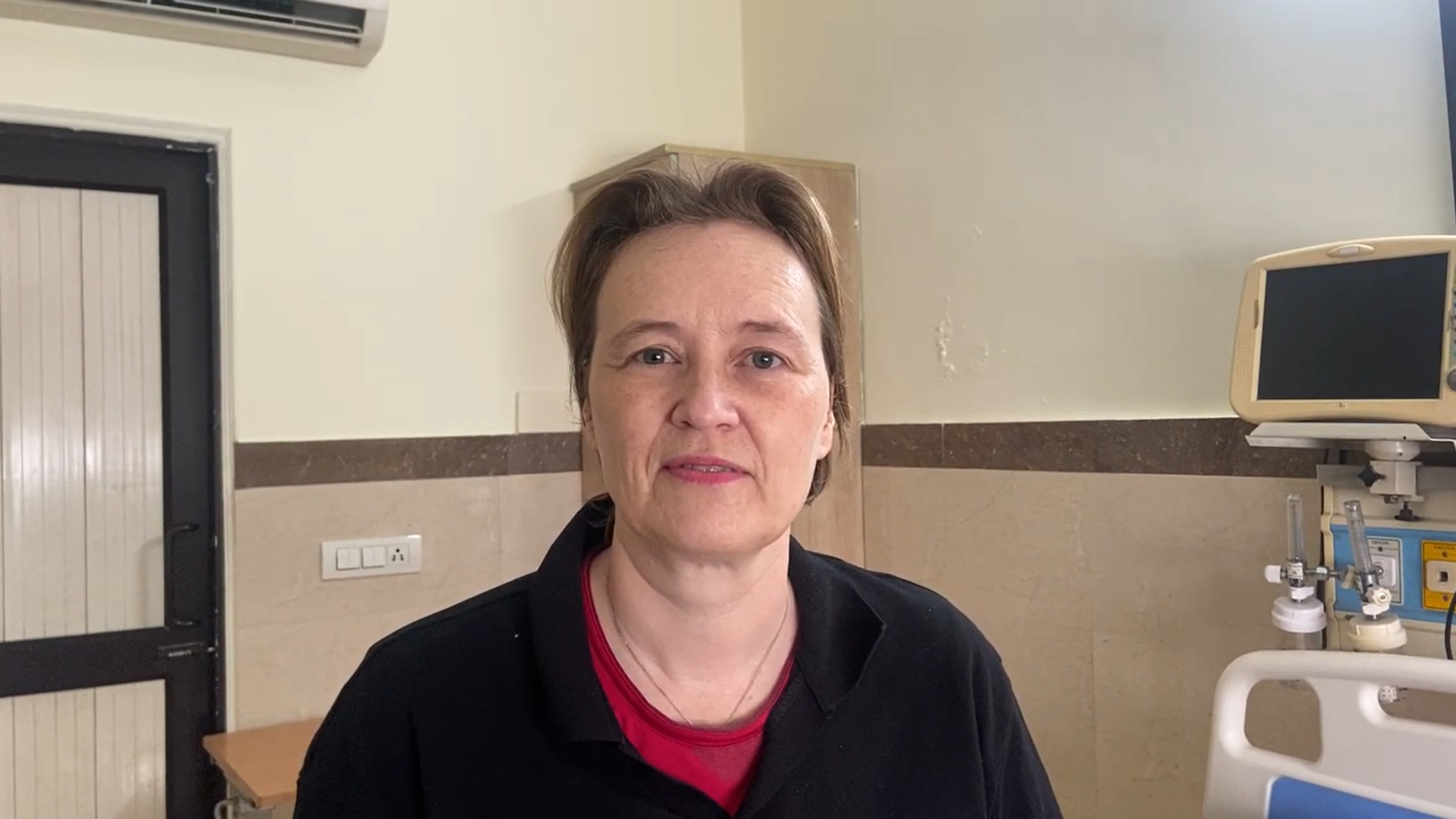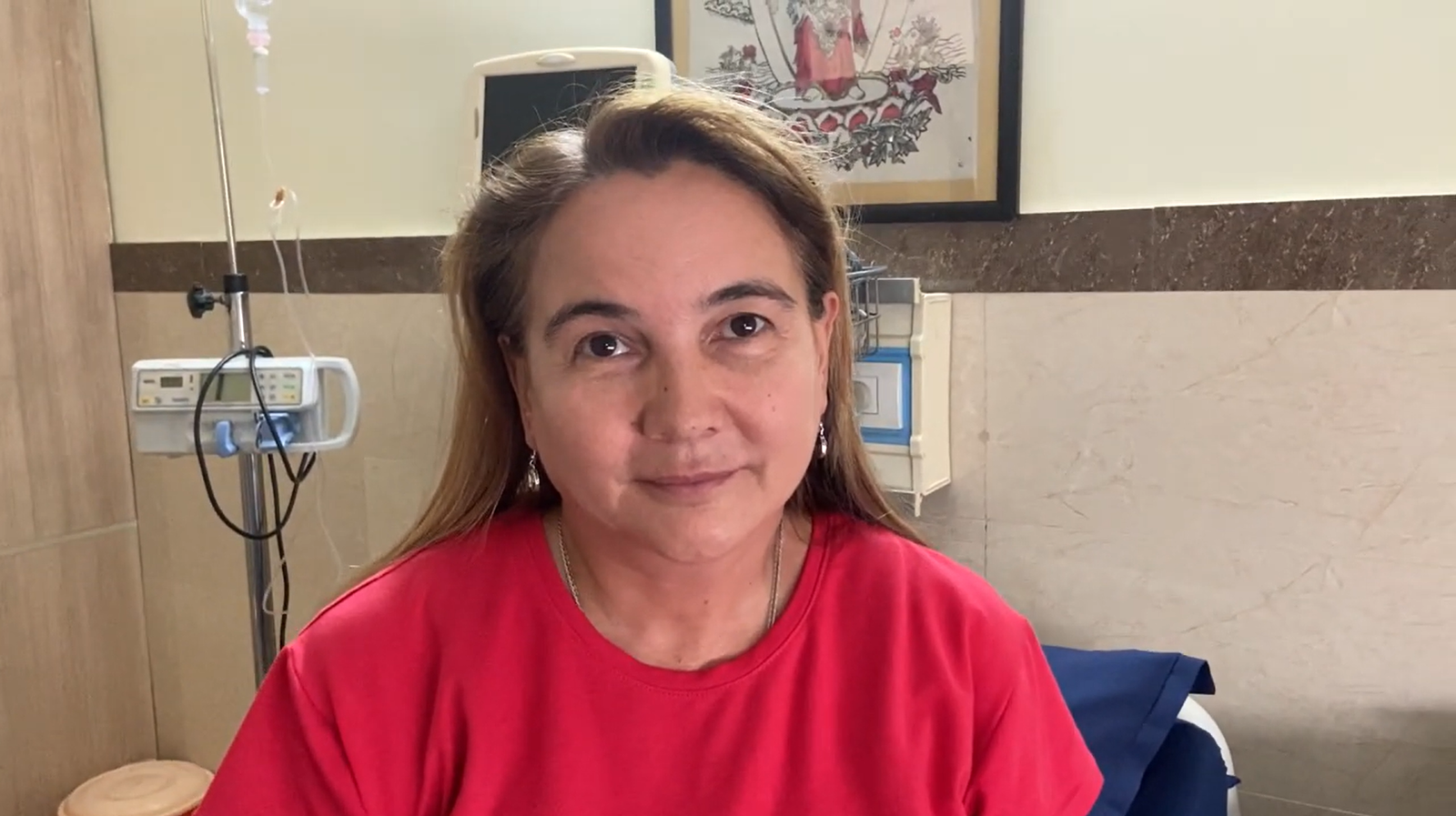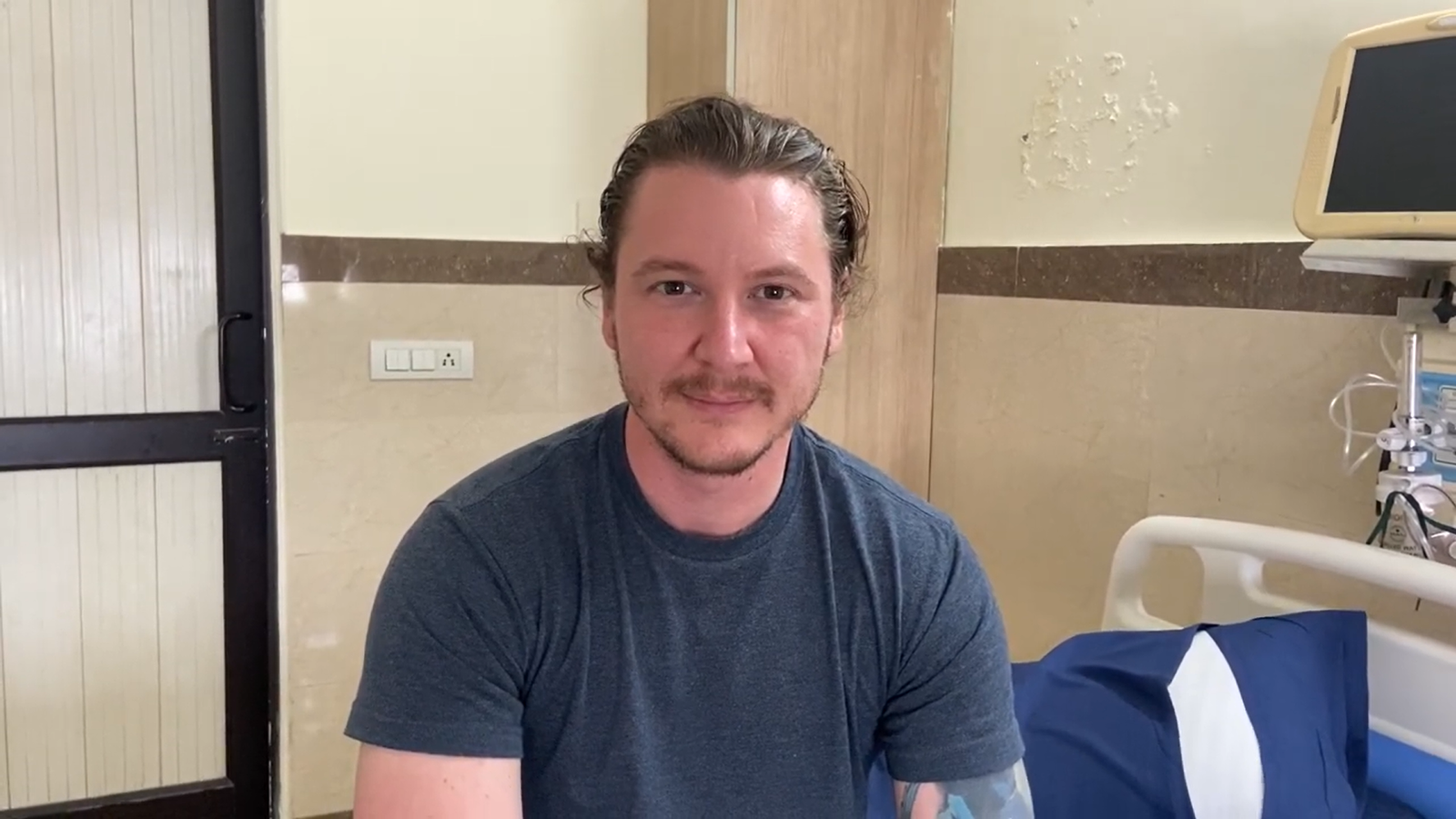A novel kind of cancer treatment, immunotherapy once again gives hope for many different types of disease. In the realm of cancer treatment, immunotherapy emphasizes simplicity and efficiency. New criteria in this area follow. Acting as a precise instrument in medicine, immunotherapy shows excellent outcomes in treating advanced tumors and offers long-lasting effects. Although individual health, cancer kind, stage, and age may all affect precise success rates, immunotherapy usually shows a good record; the average success rate of cancer patients to immunotherapy medications falls between 20 and 50%.
This figure emphasizes the significant influence of immunotherapy in raising hope among medical experts, patients, and caregivers equally. Using the body’s immune system to target and kill cancer cells, this creative technique provides a fresh path for therapy. It has the possibility of continuous remission and a better quality of life.
It represents a significant turning point in the continuous fight against cancer as it shows the strength of perseverance and development in changing the scene of cancer treatment. Using immunotherapy, we are entering a transforming age in which the limits of possible cancer treatment are constantly being redefined. These advances have brought fresh options and optimism for people living with this illness.
Knowing Immunotherapy to Treat Cancer
One cancer treatment called immunotherapy lets your body fight cancer cells by arming its immune system. This vital defense system naturally battles infections and illnesses by comprising lymphatic organs and white blood cells. It belongs to biological treatment, which aims at treating cancer by using compounds derived from live entities.
Immunotherapy provides a focused method in the battle against cancer by using the body’s natural capacity for defense. Emphasizing natural processes to improve treatment results and raise patients’ general well-being offers a hopeful path in cancer therapy.
How Is Lung Cancer Immunotherapy Working?
Cancer cells are targeted and attacked by your immune system. However, cancer cells present particular difficulties. They might be challenging to find as they seem like healthy cells. They also often increase and spread rapidly.
Immunotherapy may support the capacity of your immune system to combat cancer cells. The Food and Drug Administration (FDA) has just authorized several newly developed immunotherapy medications presently on the market. Everyone has different factors, so it’s advisable to go over these choices with your healthcare staff to choose what would be best for you.
Cancer Immunotherapy Has What Success Rate?
Apart from pharmaceutical firms’ developed immunotherapy medications, there are various creative approaches to cancer immunotherapy. Some of these approaches may be administered as compassionate experimental treatments for patients with minimal or nearly zero prospects with conventional therapy. Immunotherapy has excellent promise because we usually deal with very aggressive cancers resistant to traditional therapies. For instance, on average, 30% of stage IV cancer patients undergoing immunotherapy at Biotherapy International report a decrease in tumor size, stop of growth, or even complete remission.
Types of Immunotherapy
Targeting different immune system pathways, many forms of immunotherapies boost anti-tumor responses. Cancer cells use disrupting inhibitory signals to hide from immune detection; checkpoint inhibitors like pembrolizumab and nivolumab help. With CAR-T cell therapy, a patient’s immune cells are genetically altered to identify and target cancer cells. Cytokine treatment increases immune responses against cancer by use of immune-stimulating proteins. The kind and stage of cancer, as well as personal patient considerations, determine the immunotherapy decision.
Conclusion
The effectiveness of immunotherapy depends on many elements. These include personal patient traits, genetic composition, and the kind and stage of cancer. Although immunotherapy has undoubtedly changed the field of cancer treatment, it is essential to understand that its effectiveness will differ across individuals.
Understanding these contributing elements’ subtleties helps doctors customize their treatment plans to maximize results for every patient. Furthermore, continuous studies and clinical trials show great potential to improve the efficacy of immunotherapy and increase its use across many cancer types.

